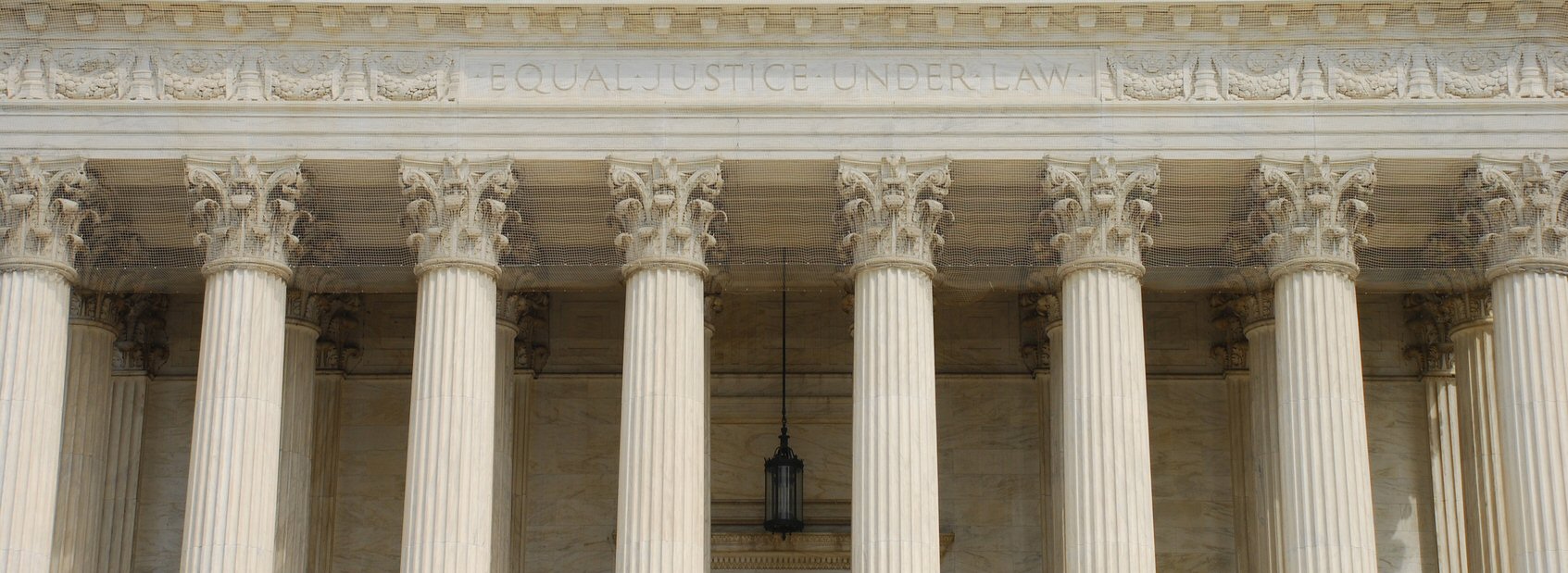Position Statement
A.4982-A (Hevesi) / S.4051-A (Bailey)
Support
The Women’s Bar Association of the State of New York (WBASNY) supports the legislation to raise the lower age of juvenile delinquency from age 7 to age 12, and establishes differential response programs for children under the age of 12.
For too long, our children have been subjected to arrest, booking and detention as if they are adults. Adolescent brain development is not complete until a person is in their mid-twenties. Yet, New York continues to insist that children – as young as 7 – are culpable for criminal acts as if they were adults.
Children who were ages 7 to 12 accounted for 2%-4% of the state’s incarcerated population from 2014-2018, of which approximately 25% were girls[1]. In New York City, 90% of children charged between the ages of 7 and 11 were children of color, of which 100% of delinquency petitions filed against that age range were Black and/or Latinx children[2]. Throughout the State of New York, 17% of the children arrested were Black and 23% were Latinx children, of which 60% of Black children and 24% of Latinx children were jailed, compared to 11% of white children.[3]
The juvenile justice system is supposed to aim toward rehabilitation, not punishment; however, the system relies too heavily on placement and probation. Processing and confining children in the juvenile justice system is not only traumatic; it exposes elementary school-aged children to damaging collateral consequences that include education and employment barriers, fines and fees, risk to immigration status, physical and sexual abuse, suicide, and mental and physical development disruptions[4] .
This legislation intends to combat the school-to-prison pipeline for elementaryage children and requires municipalities to utilize community-based programs. Community-based programs can provide role models and positive educational opportunities based on a child’s life experiences for elementary school-aged children. The goal is to ensure that children receive necessary services, instead of involving them in the juvenile justice system. This legislation would end the reliance on police and the threat of arrest for children under 12. It would also require every county to identify and organize services to respond to young children’s needs, mitigate harm, and build family resiliency. [5]
It is time to stop the cycle of trauma inflicted on our elementary school-aged children that treats them like criminals, and treat them for who they are: children.
WBASNY’s nearly 4,400 members include attorneys, judges, and law students working in all substantive areas of law at the local, state, federal, and international levels. With 20 chapters throughout New York State, WBASNY speaks as one voice to advocate for equal access to justice and gender equality.
[1] https://www.criminaljustice.ny.gov/crimnet/ojsa/jj-reports/newyorkstate.pdf
[2] The Juvenile Justice Exchange, Proposed New York Legislation Would End Juvenile Delinquency For Kids 7 to 11; https://jjie.org/2020/07/23/proposed-new-york-legislation-would-end-juvenile-delinquency-for-kids-7-to-11
[3] https://www.criminaljustice.ny.gov/crimnet/ojsa/jj-reports/newyorkstate.pdf
[4] https://www.njjn.org/our-work/raising-the-minimum-age-for-prosecuting-children
[5] News & Opinion, COMMENTARY; Why does New York allow police to handcuff 7-year-olds?, Feb. 8, 2021

